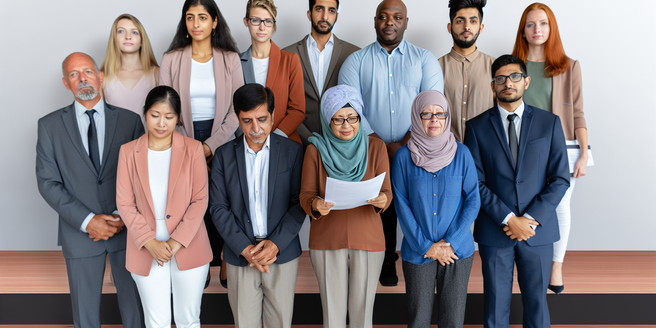
Understanding the Basics of Mass Tort Cases
Mass tort cases are a type of civil litigation that involve a large number of plaintiffs who collectively bring a claim against one or more defendants. The plaintiffs usually share common legal issues, and their claims arise out of the same product, event, or action. These cases can span over months or even years due to their complexity and the sheer number of people involved.
Common Misconceptions About Mass Tort Cases
There are several common misconceptions that surround mass tort cases. Many people misunderstand these civil suits, thinking they are the same as class action lawsuits, or they underestimate their importance and potential impact. This misinformation can discourage potential plaintiffs from pursuing their legal rights and seeking justice.
Debunking the Myth: Mass Tort Cases are Not Class Action Lawsuits
One of the most common misconceptions about mass tort cases is that they are the same as class action lawsuits. Although these two kinds of legal procedures may seem similar because they involve a large number of plaintiffs, they have significant differences. A major difference is that in class action lawsuits, one or several individuals represent the entire class, whereas in mass tort cases, each individual plaintiff is treated as a separate case.
Unveiling the Truth: The Role of Plaintiff in Mass Tort Cases
In a mass tort case, each plaintiff plays a significant role. Unlike in class actions, where the representing individual matters the most, in mass tort cases, each victim’s story and injury is important and considered individually. This fact underlines the high importance of each plaintiff’s involvement and active participation in their case.
Breaking Down the Legal Process of Mass Tort Cases
The legal process of a mass tort case can seem overwhelming, but it typically follows a well-outlined path. The process starts with the filing of individual lawsuits, followed by a request to consolidate the cases. Then, there are pre-trial proceedings, the trial itself, and potentially appeals. Despite the complicated processes, these cases often result in holding large corporations accountable for their actions and compensating victims adequately.
